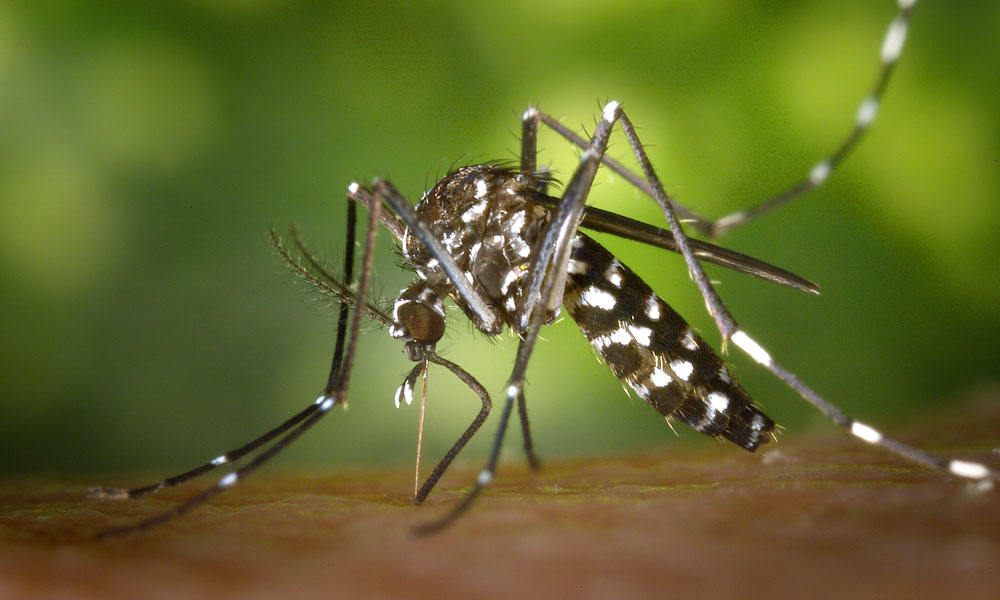
Association Summit Addresses Zika-Transmitting Mosquito
The Entomological Society of America and its Brazilian counterpart will cohost a summit on Sunday to discuss containing a mosquito species that transmits not only the Zika virus but also other devastating diseases.
The Entomological Society of America (ESA) and the Sociedade Entomológica do Brasil will address the containment of the Zika-carrying mosquito at a joint summit, a meeting that was planned long before the current outbreak.
The summit, which will be held in Brazil on March 13, has been in the works for two years and will serve as a chance for scientists, NGOs, government agencies, and other organizations to consider ways to control the mosquito species that carries Zika, dengue, chikungunya, and yellow fever.
“Our intent is to look out how can scientific societies and other societies that are related to us really help with this, and what can we do to provide assistance to advance the cause toward controlling this [mosquito] and minimizing the spread of terrible diseases,” ESA Executive Director C. David Gammel, CAE, said.
This species of mosquito was once effectively contained in the Americas during the 1940s and 50s; however, the program was neglected after it was successfully completed, which in conjunction with urbanization, allowed a species resurgence, Gammel said.
The discussions taking place at the summit should result in an action plan to revive the program. In addition, they should provide direction for ESA’s summer workshops that will determine the program’s research and implementation needs.
The summit is part of a broader initiative to address global challenges related to insects and was intended to occur long before the mosquito brought the diseases it carries to the U.S. However, the summit has seen changes in light of the outbreak, including losing speakers who are now working in emergency response and gaining more attendees who are interested in the Zika situation. Gammel said ESA will use the increased public awareness of Zika to explain the importance of controlling the species.
“There’s other diseases that this mosquito can spread that are in Africa now where this mosquito came from—they just haven’t broken out yet. So, there’s going to be other viruses coming down the road even after Zika is dealt with,” he said. “So, it’s really important to look at how we can control this mosquito effectively, and that was our original intent. Zika has made that very high profile right now, but our hope is to maintain focus on it even after that crisis passes.”
The specific location in Brazil poses low risk to all in attendance, but ESA has spoken to its staff about the risk and gave them the ability to opt out of working the summit, Gammel said. It also discussed how to care for bug bites with its entomologist constituents.
While the associations had to make adjustments to the summit because of the recent Zika outbreak, Gammel emphasized the need to follow through with the original purpose because the issue is bigger than Zika.
“You have to be a little careful about how dramatically you adjust,” Gammel said. “Make sure you’re holding on to that core thread of what you’re originally trying to achieve while weaving in whatever the current crisis is to support those efforts and make contributions to that crisis.”
The Aedes albopicts, one variety of mosquito that can carry the Zika virus. (James Gathany/CDC)






Comments